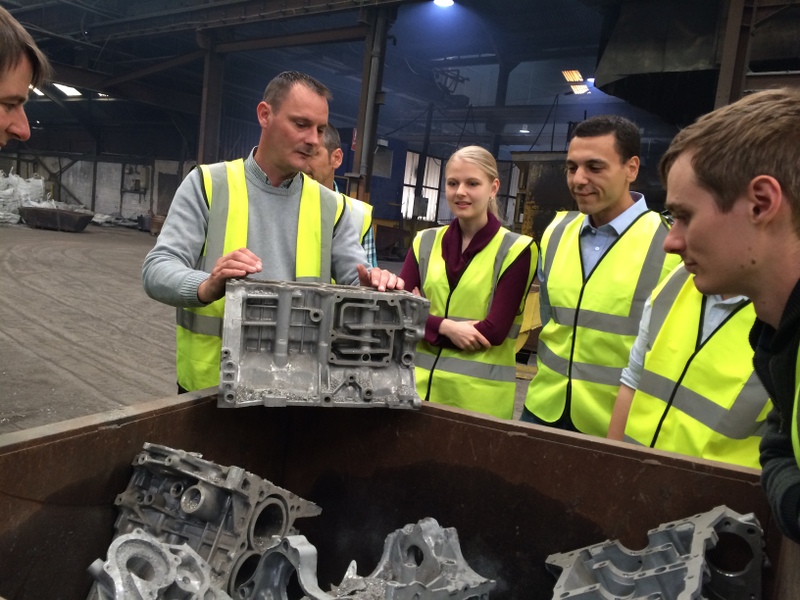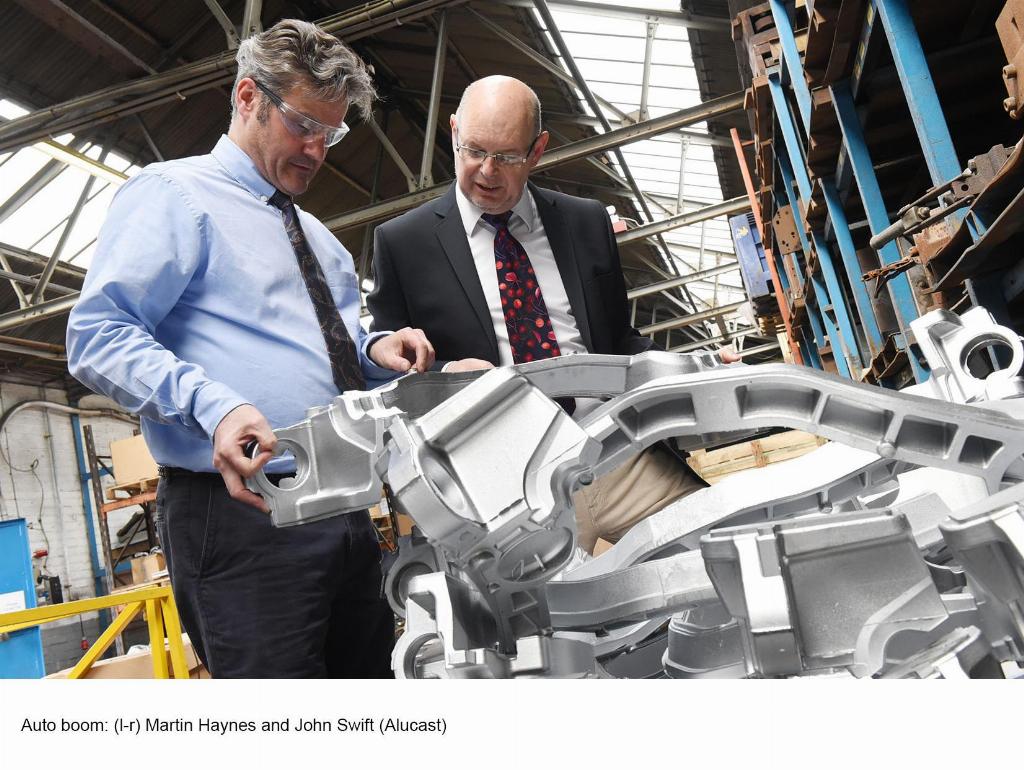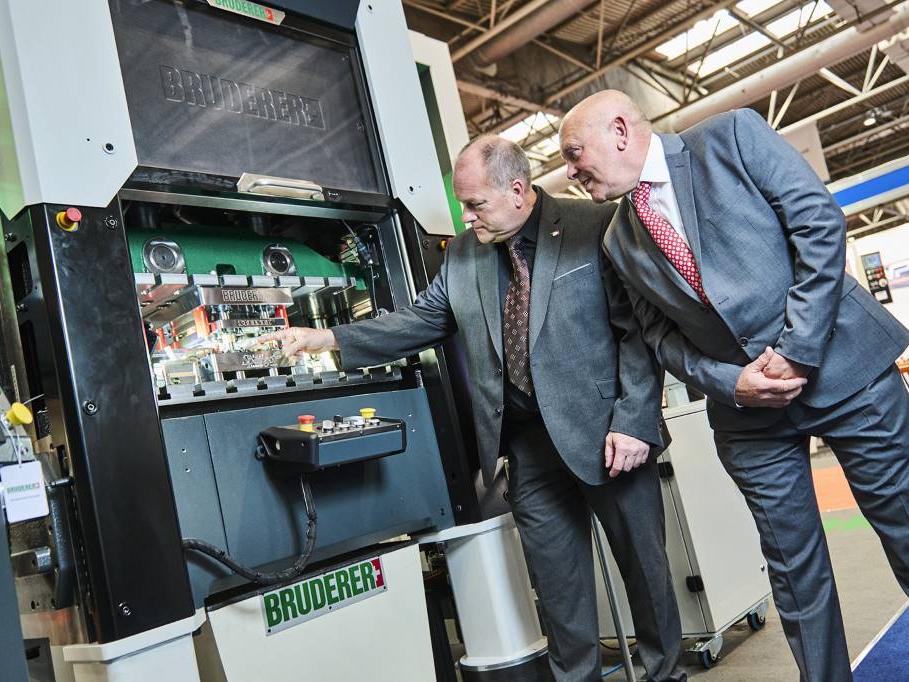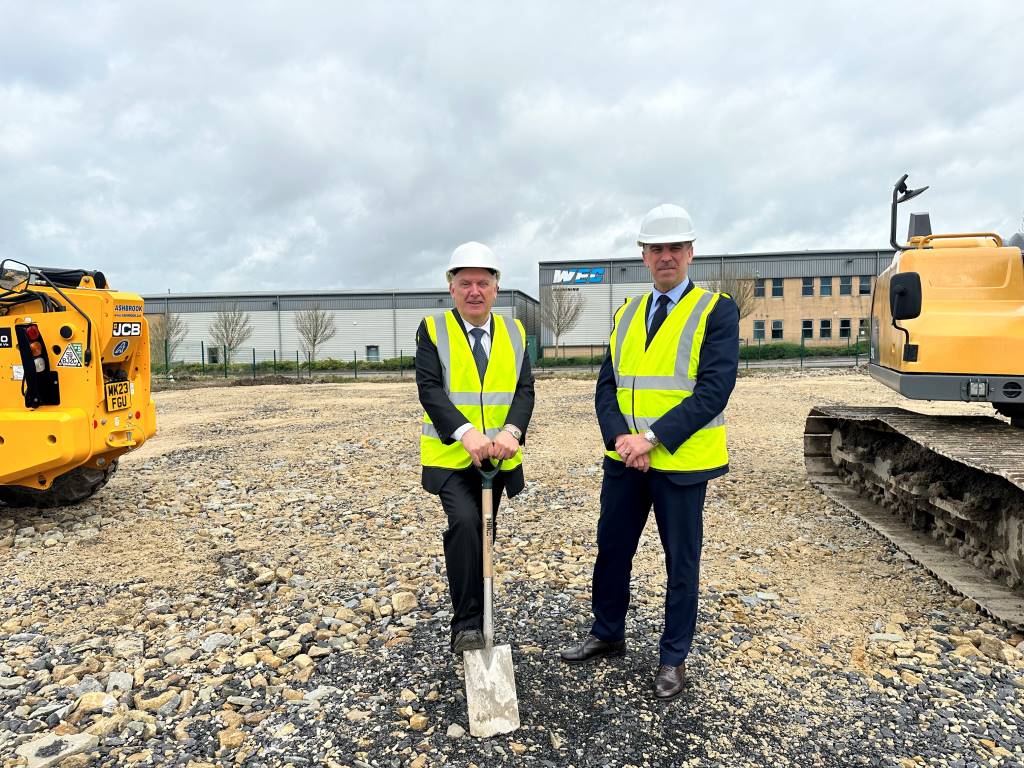New sector deal between government and automotive industry

A sector deal between government and the automotive industry has been announced by the Business and Energy Secretary Greg Clark.
The deal aims to build on the strengths of the UK automotive sector and further develop the strong collaborative partnership established between government and industry.
The deal secures joint investment and long-term commitments between government and industry in areas including the design and development of connected and autonomous vehicles (CAV), the research and development of battery technology and accelerating the manufacture of ultra-low and zero emission vehicles.
As part of this, the government has announced £26.4 million of investment, match-funded by industry to total £52.8 million, to help develop the next generation of driverless and low-carbon vehicles, with flagship projects led by Ford, GKN and Jaguar Land Rover.
Announcing the deal, Mr Clark said: “For decades, the UK’s automotive industry has powered our economy forward. Today, automotive firms from around the world choose to set up shop here, citing our history of excellence, skilled workforce and world-leading supply chains.
In the next 10 years, the sector will see more change than in the previous hundred. From the engines that power our cars, to the way we control them and our attitudes to owning them, technology is changing what the industry looks like and where money can be made.”
The Sector Deal brings together a number of long-term joint commitments between government and industry, including:
Low-carbon automotive technologies
Through the Advanced Propulsion Centre, the Government is investing £500 million over 10 years to research, develop and industrialise new low-carbon automotive technologies in the UK, with industry providing £500 million match funding for collaborative R&D projects.
Automotive research and development
Government is investing up to £225 million from 2023 to 2026 to support R&D in the sector, with industry providing equivalent match funding.
Transitioning to ultra-low and zero emission vehicles
Through the Faraday Battery Challenge, government is investing £246 million aiming to make the UK a world leader in the design, development and manufacture of batteries for the electrification of vehicles.
Connected autonomous vehicle (CAV) technology
£250 million of government investment to position the UK as a global leader in connected and autonomous vehicles (CAVs) development and deployment. This includes:
- £150 million for collaborative R&D projects from which, to date, £100 million has been committed to 51 projects, with industry contributing a further £56 million
- £100 million for CAV testing infrastructure, £51 million of which has so far been committed to 4 infrastructure projects; 2 ‘controlled’ testing facilities and 2 ‘live’ public testing facilities
- Government will be launching a £15 million simulation and modelling R&D competition on the 16th January to accelerate the development of connected and autonomous vehicles
£16 million of government funding, subject to business case, for an industry-led match-funded national supplier competitiveness and productivity improvement programme to support a sustainable and internationally competitive UK supply chain for future volume vehicle production
Mike Hawes, SMMT chief executive: "We welcome today’s automotive sector deal which will help this vital UK industry meet some of the many global challenges it faces. The deal strengthens our long-standing partnership with government, with a boost to supply chain competitiveness and investment, matched by industry, to keep the UK at the forefront of electric, connected and autonomous vehicles.
In its implementation, the deal must help the industry build on our success and seize the opportunities presented by such technological innovations. Given current uncertainties, it must also be complemented by ongoing efforts to maintain the right conditions for growth.
Advanced Propulsion Centre (APC)
Three innovative projects involving Ford, GKN and Jaguar Land Rover will share grants from the latest round of funding from the Advanced Propulsion Centre (APC), APC8, the joint industry-government programme to put the UK at the forefront of low carbon vehicle technology.
The APC8 winning projects are:
- E-Prime – a project led by Ford’s UK-based global manufacturing engineering team working with machine tool supply chain partners to develop process and equipment for production of ultra-high volume next generation electrified powertrain systems
- ACe-Drive - development of GKN’s future generation e-Drive system platforms, utilising high speed electric machines and advanced high speed power electronics; in conjunction with universities and businesses, this project aims to further grow UK capability in the design and manufacture of eMachines and power electronics
- Verbius – development of future state of the art electric hybrid vehicle systems for Jaguar Land Rover, in conjunction with universities and businesses across the UK; the project aims to significantly improve the vehicle system efficiency through utilisation of innovative electronic systems and componentry.













